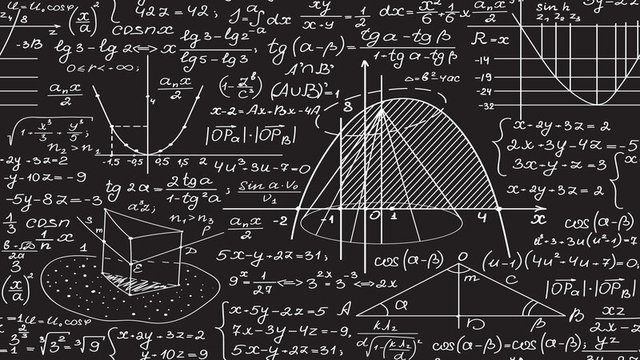
What can you do with a physics degree?
Feb. 17, 2023

Physics is one of the oldest and most fundamental sciences. It is a branchh of science that studies the fundamental principles of the universe, including matter, energy, space, and time. Many students who study a degree in physics wonder what they can do with their degree because it opens up doors to a number of different careers and opportunities.
In this post, we’ll look in more detail at some of the career options you can choose should you study a degree in physics. We’ll also let you know what our degree covers and why you should consider Universidad Europea as your choice to study physics.
What jobs can I get with a physics degree?
If you’re thinking of studying physics at university and asking yourself ‘I have a physics degree now what?’, you’ll be pleased you know there are many options available to you. Studying this degree allows you to develop many skills such as developing critical thinking, gaining an understanding of the natural world, teamwork and collaboration with others, and making in impact on society through new research and discovery.
With all this, you’ll have the skills employer's demand. Here is an example of some of the jobs you can get with a physics degree:
- Research Scientist: The most common career path for physics graduates is becoming a research scientist. Physicists are employed by universities, government agencies, and private companies to conduct research and develop new technologies. They are involved in areas such as astronomy, biophysics, geophysics, materials science, and nuclear physics. Physicists use theories and principles to design experiments, analyse data, and make conclusions that advance our understanding of the universe.
- Engineering: Physics graduates can pursue a career in engineering. They can design, develop, and test new products, systems, and technologies. They can also work on renewable energy projects, aerospace and defence technologies, and medical devices.
- Education: Physics graduates can teach physics at various levels, including in schools and universities. They can also conduct research in science education, curriculum development, and assessment. Physics teachers play a crucial role in preparing future generations to enter the fields of science and technology.
- Medical Physics: Medical physics is an emerging field that combines physics with medicine. Medical physicists work in hospitals, clinics, and research centres, where they use their knowledge of radiation, imaging techniques, and medical equipment to develop new treatments for cancer and other diseases.
- Technology: Physics graduates can work in the technology industry, where they can use their knowledge of physics to develop new technologies, such as semiconductors, lasers, and sensors. They can work in areas such as product design, software engineering, and data science.
A physics degree offers a broad range of career opportunities, from scientific research to engineering, education, medical physics, finance, science journalism, and technology. Graduates with a physics degree have a unique skill set that makes them highly employable in a range of industries.
What skills do you develop on a physics degree?
A physics degree is unique because it combines science, mathematics and analytics, with a more creative side. As a result, students who study this degree develop a broad range of skills including:
- Experimental skills
- Mathematical and computational skills
- Analytical skills
- Problem-solving skills
- Communication skills
- Teamwork and leadership skills
- Research skills
Why study physics at Universidad Europea?
We hope this blog post has helped you understand some of the career opportunities open to you if you decide to study a degree in physics. Our programme at Universidad Europea in Madrid is designed so you develop the skills necessary to succeed in whatever field you choose to go into once you graduate. Our academic model is based on experiential learning, so from day one, you’ll be working on real cases and finding solutions to real challenges. In addition, we place great emphasis on internships and work placements. Throughout your four-year programme, you’ll have many opportunities to work alongside experts and professionals at leading companies changing the world of physics as we understand it.
Furthermore, as a leading private university in Spain, we offer some of the best facilities in the country including decicated Phsyics Labs, FABLab, the Cisco Networking Lab, Fluids and Hydraulics Lab.